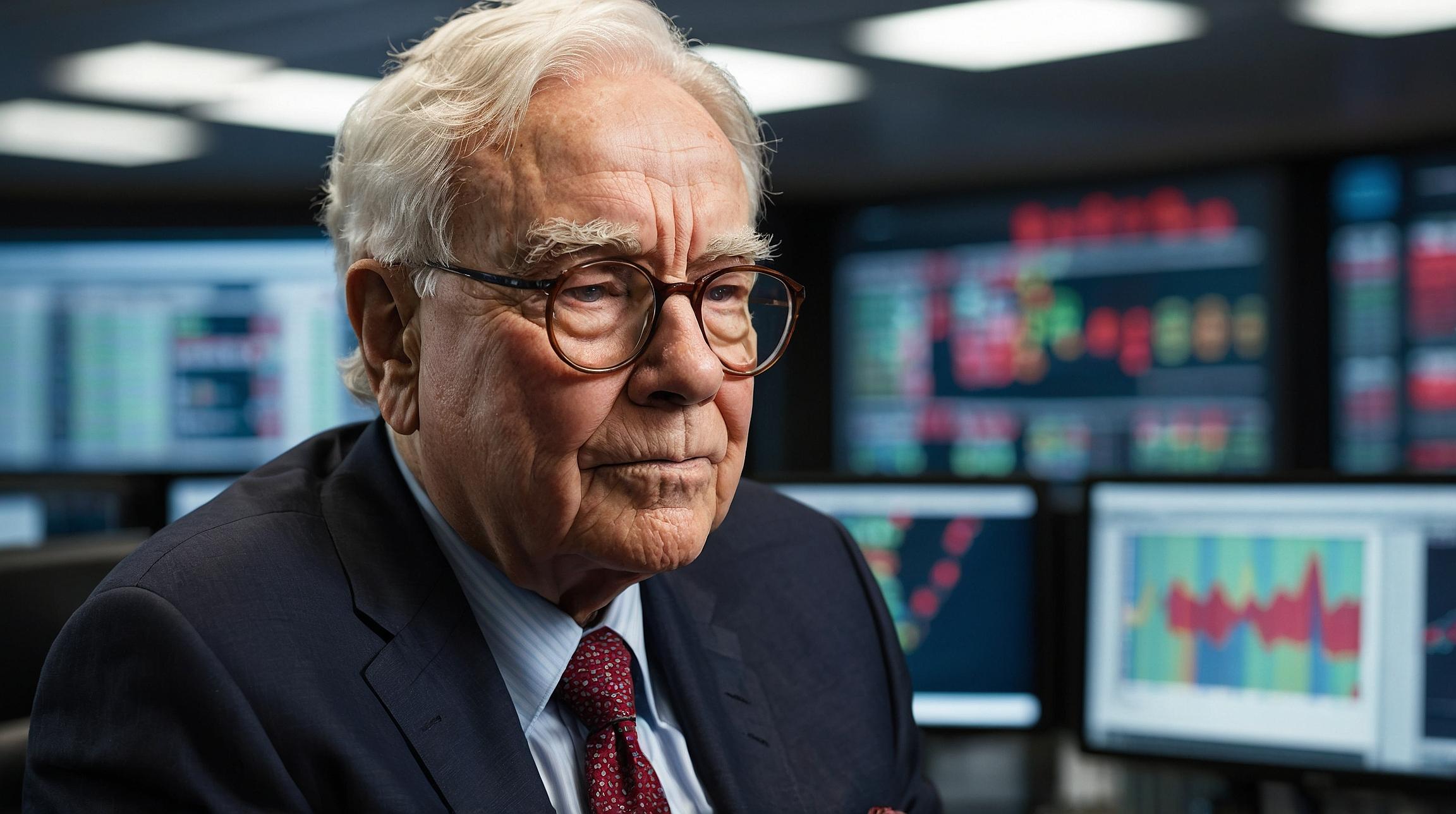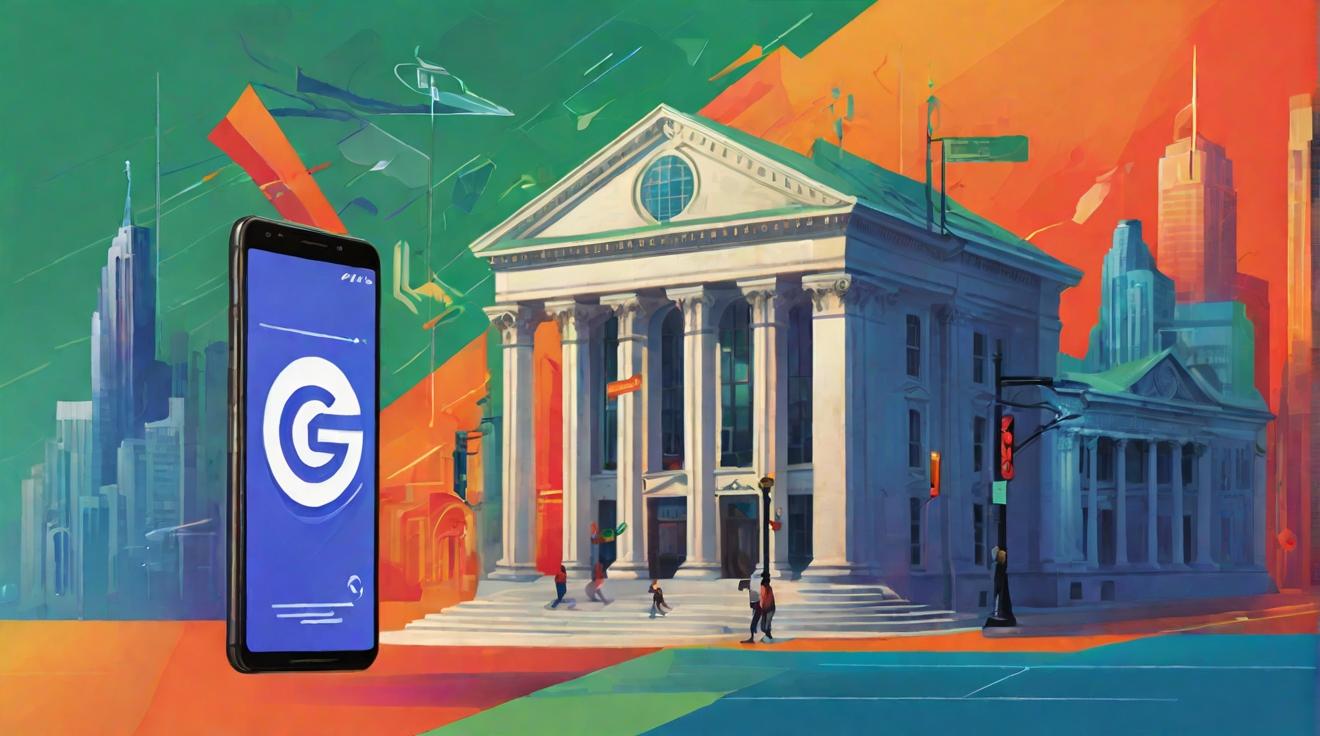Understanding Warren Buffett's Dividend Strategy
Warren Buffett is renowned for his love of dividend stocks, which are stocks that pay regular dividends or payments to shareholders. Berkshire Hathaway, his company, has a massive stock portfolio filled with such investments. For instance, Berkshire owns 400 million shares of Coca-Cola, earning $776 million annually from dividends. This is part of the $6 billion Berkshire earns from its stock portfolio every year.
The Power of Cash and Short-Term Investments
Surprisingly, Berkshire Hathaway's most significant source of income isn't from stocks but from cash and short-term investments. This might sound strange, but it makes sense when you see the numbers. Berkshire sold $97 billion worth of stock in early 2024, resulting in around $277 billion held in cash and investments. Most of this, about $234.6 billion, is in short-term Treasury bills.
Treasury bills are government securities that pay interest and are considered very safe. Currently, these short-term securities have yields (interest rates) ranging from about 4.945% to 5.338%, depending on how long they last. If we assume an average yield of 5%, this translates into $13.85 billion in annual income for Berkshire. That's about $1.15 billion monthly, or $38 million daily.
Waiting for the Right Opportunity
Buffett isn't rushing to spend this cash, and with good reason. Business valuations, or how much companies are worth, are quite high. When values are high, buying businesses may not be a good deal. Instead, Buffett waits for better opportunities, possibly during a market downturn.
Meanwhile, the cash offers flexibility. If economic conditions change, having a large cash reserve is a big advantage. If a recession hits or market prices drop, Berkshire's cash provides a unique opportunity to buy assets cheaply.
What Happens if Interest Rates Fall?
Right now, Berkshire's cash is earning 5% annually. But if interest rates drop, this could change. The Federal Reserve, which influences interest rates, may lower rates in the future. If that happens, the income from short-term Treasury securities might reduce by about $5.5 billion.
This doesn't mean Buffett will suddenly start spending billions. But it suggests that keeping so much cash might become less appealing. Ultimately, Berkshire's strategy is about financial flexibility and waiting for the best opportunities, with its cash reserves providing a significant advantage.
By strategically managing its investments and cash, Berkshire Hathaway continues to demonstrate exceptional financial planning and wealth management.













